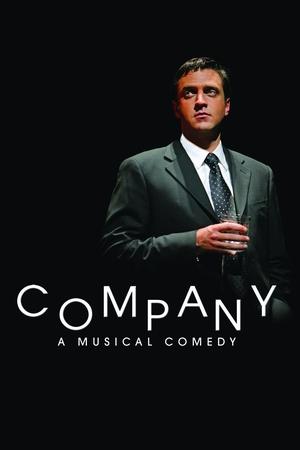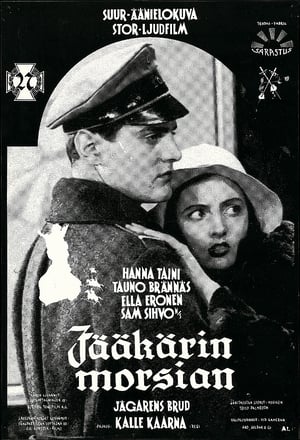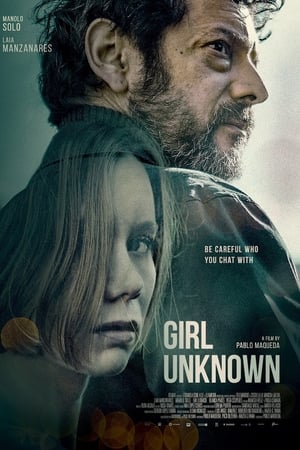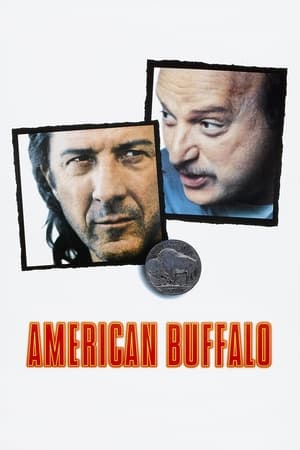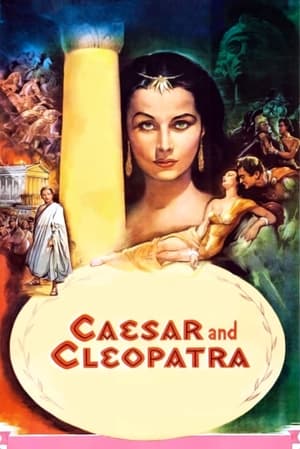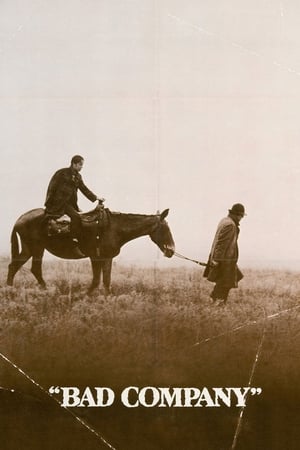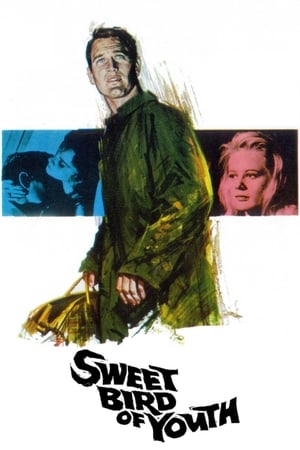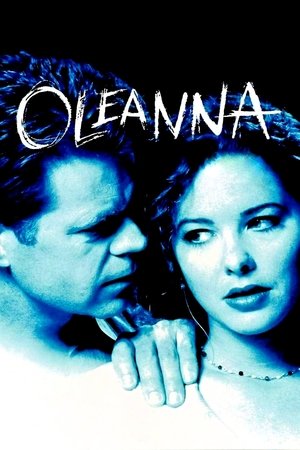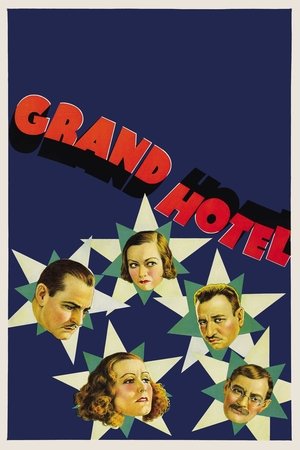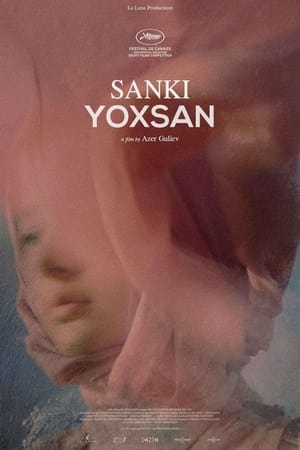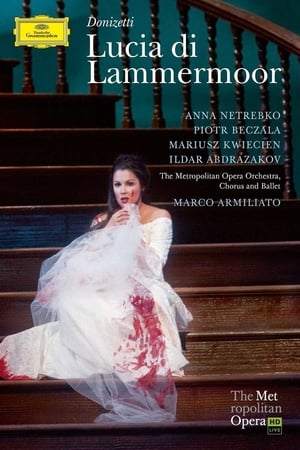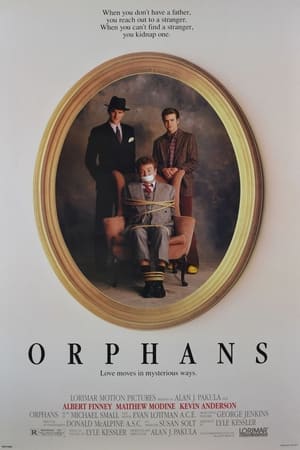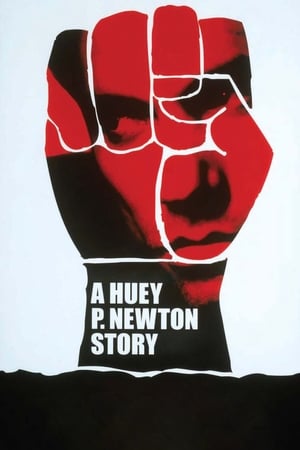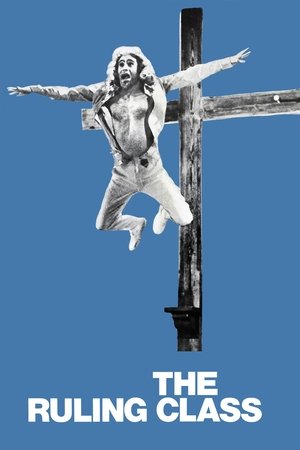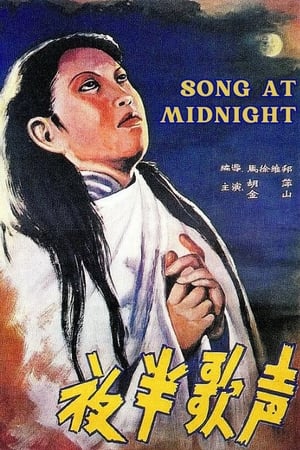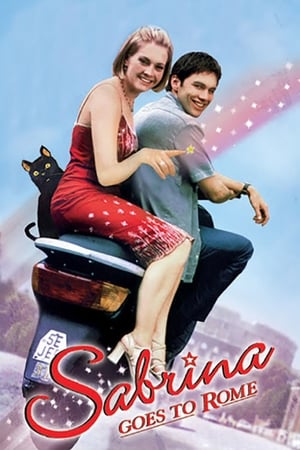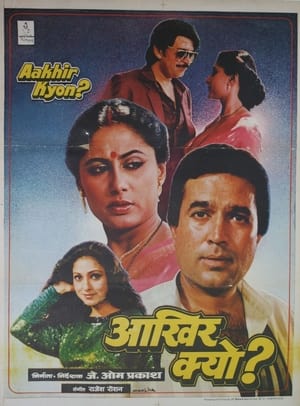Overview
Story of Sir Thomas More, who refused to accept the spiritual leadership of Henry VIII, and faces death as he struggles to remain loyal to his integrity.
Reviews
I saw Charlton Heston and Roy Kinnear do this on stage in the UK in the 1980s and they were superb. Some of the intensity of the stage production is missing from this depiction, but it's still a formidable effort from a star out to prove that he didn't always need a tunic and an horse. Firstly, though, it's Roy Kinnear who introduces us to the principal characters and outlines the plot. Henry VIII (Martin Chamberlain) wants a divorce so he can marry Anne Boleyn. His long-serving Chancellor - Cardinal Wolsey (Sir John Gielgud) is on a slippery slope and Sir Thomas More (Heston) looks like he will take the top job. With the Pope increasingly unwilling to co-operate, the King is advised to break from the church and grant himself an annulment. This is where More has issues, and as the plot develops we see him facing a scenario that could cost him dearly. He's a shrewd man and tries to accommodate both his king and his conscience but with forces gathering against him, can he survive? This is a fine adaptation of Robert Bolt's story, and using the excellent Kinnear's "Common Man" as a conduit to keep us right, we follow a tale of political intrigue that becomes increasingly bereft of principle and more about survival - at any cost. It's not just the wrath of the King that More must deal with, but also that of his wife Alice (a powerful effort from Vanessa Redgrave) who is terrified of losing him to his beliefs (and an axe). There's a strong supporting cast to bolster the narrative - Richard Johnson's sympathetic Duke of Norfolk, Benjamin Whitrow's fiercely ambitious Thomas Cromwell and Jonathan Hackett's turn as the odiously climber of the greasy pole Richard Rich all help create an environment of sophisticated fear. The production design is effective and the costumes and sets augment well this story of integrity. or not. Don't think of it as a remake of the Schofield/Shaw version (1966) - it's makes different emphasis and is more a reimagining of the original stage play. "Better a dead rat than a live lion!".

 150 min
150 min
 6.833
6.833
 1988
1988
 USA
USA
 CinemaSerf wrote:
CinemaSerf wrote: